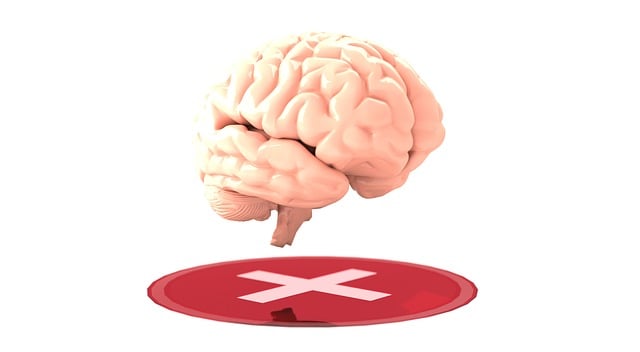Castle Rock Hypnosis Therapy offers personalized coaching programs for enhanced mental wellness. By identifying detrimental thinking patterns, developing coping mechanisms, and setting achievable goals, their holistic approach combines scientific rigor with empathetic care. Using evidence-based techniques like cognitive behavioral therapy and mindfulness exercises, therapists target both conscious and subconscious mindsets. Risk management through thorough assessments ensures client safety and program efficacy. Tailored support and regular progress tracking empower individuals to manage stress, build resilience, and make positive lifestyle changes, ultimately improving overall mental health.
“In today’s fast-paced world, prioritizing mental wellness is paramount. This article explores the transformative potential of mental wellness coaching programs, with a specific focus on Castle Rock Hypnosis Therapy as a game-changer in optimal mental health support. We delve into understanding mental wellness and its unique coaching approach, designing effective programs, and implementing strategies for lasting positive change. By embracing these practices, individuals can navigate life’s challenges with resilience.”
- Understanding Mental Wellness and the Role of Coaching
- Designing Effective Castle Rock Hypnosis Therapy Programs
- Implementing and Evaluating Coaching Strategies for Optimal Mental Health Support
Understanding Mental Wellness and the Role of Coaching

Mental wellness is a holistic concept encompassing an individual’s emotional, psychological, and social well-being. It involves managing stress, cultivating positive thoughts, and fostering healthy relationships, ultimately leading to a sense of fulfillment and purpose. Recognizing the interconnectedness of mental health with daily life, Castle Rock Hypnosis Therapy has emerged as a powerful tool for promoting mental wellness coaching programs.
Coaching plays a pivotal role in supporting individuals navigate their mental health journeys. Through personalized guidance, coaches help clients identify detrimental thinking patterns, develop effective coping mechanisms, and set achievable goals to enhance their overall well-being. By integrating techniques like mindfulness, relaxation strategies, and goal-setting, these programs empower people to take charge of their mental health, particularly in addressing burnout prevention strategies for healthcare providers who often face high-stress environments. Additionally, self-care routine development is a key focus, encouraging individuals to prioritize their needs, thereby fostering resilience and improving overall mental health awareness.
Designing Effective Castle Rock Hypnosis Therapy Programs

Designing effective Castle Rock Hypnosis Therapy programs requires a nuanced approach that combines scientific principles with empathetic practice. The process begins with understanding the unique needs and goals of individuals seeking mental wellness support. By integrating evidence-based techniques, such as conflict resolution strategies derived from cognitive behavioral therapy, therapists can facilitate profound changes in conscious and subconscious mindsets.
Risk management planning is an essential component for mental health professionals delivering Castle Rock Hypnosis Therapy. Conducting thorough risk assessments ensures the safety of clients while fostering a supportive environment. This involves proactively identifying potential triggers or risks specific to each individual’s history and utilizing appropriate strategies to mitigate them, thereby enhancing the overall effectiveness of the program.
Implementing and Evaluating Coaching Strategies for Optimal Mental Health Support

Implementing effective coaching strategies is paramount in mental wellness programs to ensure optimal support for individuals seeking improved mental health. Coaches play a vital role in guiding clients toward healthier lifestyles and coping mechanisms, fostering self-care practices that can be tailored to each person’s unique needs. Through structured sessions, coaches employ various techniques such as active listening, goal setting, and mindfulness exercises to enhance clients’ awareness and promote positive change. Regular evaluation of these strategies is essential to measure progress and make necessary adjustments.
At Castle Rock Hypnosis Therapy, we understand the importance of evidence-based practices in mental health support. Our coaching programs incorporate self-care practices and risk management planning for professionals, ensuring individuals are equipped with tools to manage stress effectively. By organizing engaging Stress Management Workshops, we empower folks to navigate life’s challenges with resilience, ultimately contributing to their overall well-being.
Mental wellness coaching programs, like Castle Rock Hypnosis Therapy, play a pivotal role in promoting optimal mental health. By understanding individual needs and employing effective strategies, coaches can significantly enhance clients’ well-being. Through structured design, thoughtful implementation, and continuous evaluation, these programs become powerful tools for navigating life’s challenges and cultivating resilience. Embracing evidence-based practices ensures that coaching remains a dynamic and impactful approach to supporting mental wellness in today’s ever-changing world.














